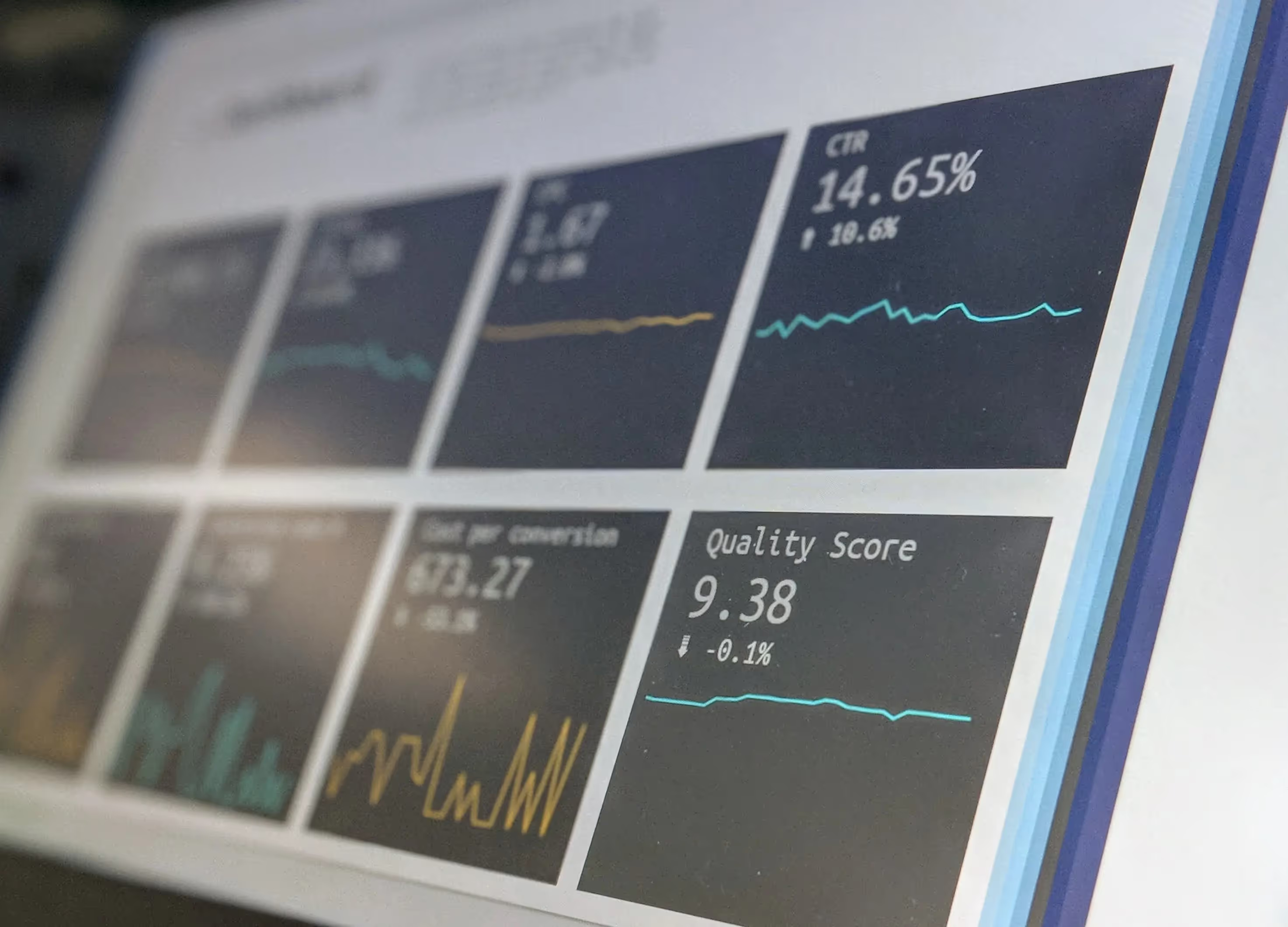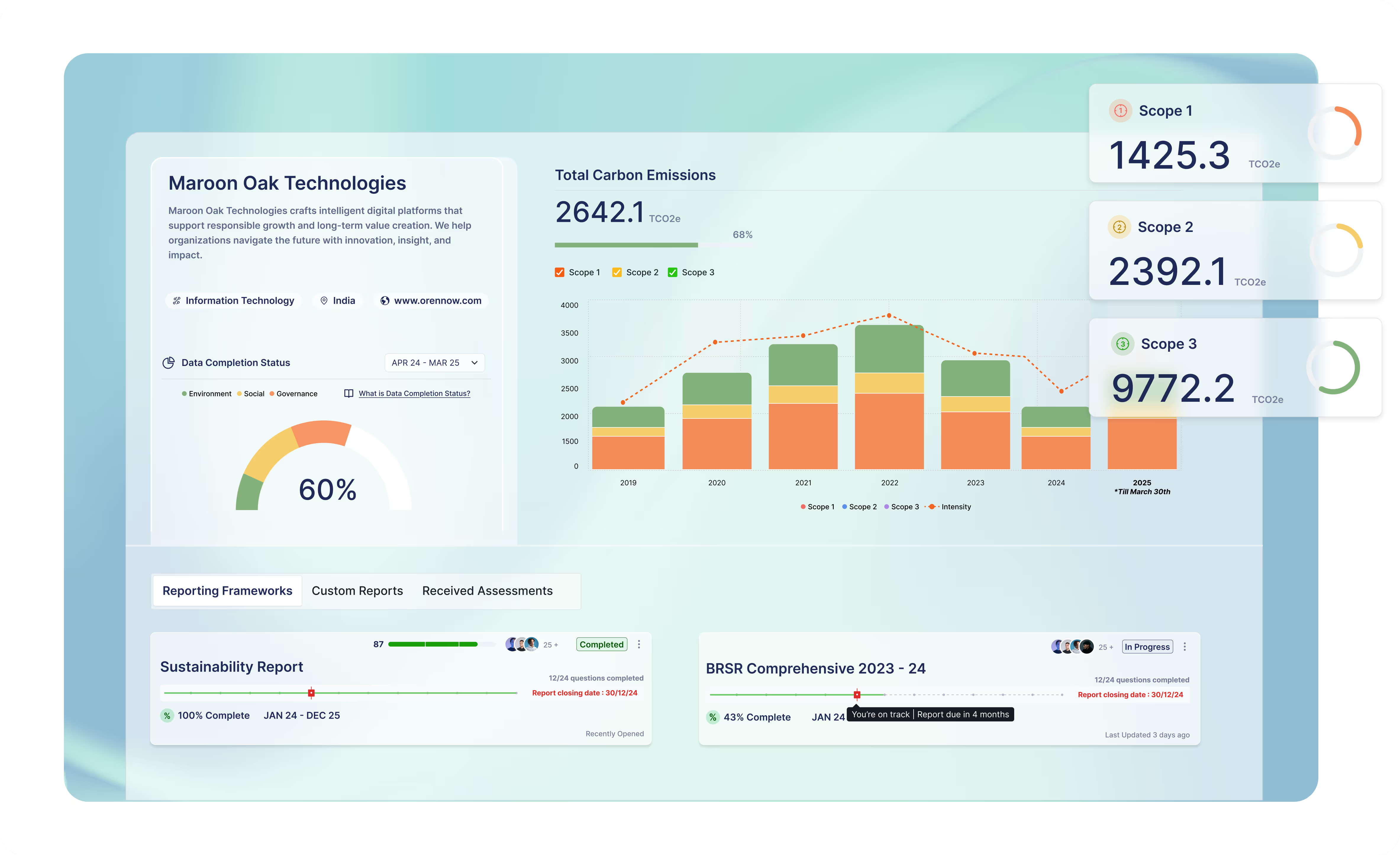The Importance of Materiality in Sustainability Reporting: A Comprehensive Guide

Introduction: The Role of Materiality in ESG Strategy
In the realm of corporate sustainability, understanding materiality is crucial. Organizations striving for effective sustainability reporting in India and globally must identify the Environmental, Social, and Governance (ESG) factors that are most impactful to their business and stakeholders. This process, known as Materiality Analysis, is essential for developing a robust ESG strategy that aligns with industry standards and stakeholder expectations.
The Benefits of Materiality Analysis
1. Risk Mitigation and Strategic Planning
Conducting a materiality assessment enables companies to devise long-term strategies that minimize climate-related risks and optimize growth opportunities. By identifying critical ESG variables, firms can focus on areas that significantly impact their sustainability goals. This proactive approach aids in effective risk management and helps in aligning with frameworks like the Global Reporting Initiative (GRI) standards and the Carbon Disclosure Project (CDP).
2. Enhanced Stakeholder Engagement
Materiality studies offer a platform for organizations to strengthen relationships with stakeholders, including investors, executives, consumers, and employees. Engaging these groups through interviews, surveys, and other communication methods allows companies to identify and address emerging ESG trends. This engagement is vital for improving ESG reporting in India and ensuring that sustainability strategies are relevant and impactful.
3. Boosting Reputation and Building Goodwill
Demonstrating a commitment to sustainability can significantly enhance a company's reputation. Firms that actively manage ESG risks and challenges, and transparently report their findings, are perceived more favorably. This proactive stance not only helps in mitigating greenwashing concerns but also builds credibility and trust among stakeholders.
4. Optimizing Resource Allocation
Understanding which ESG issues are most important allows companies to allocate resources more efficiently. By assessing the risks and impacts associated with various ESG factors, businesses can prioritise their efforts and improve their data tracking and monitoring methods. This ensures that resources are directed towards areas with the highest potential for positive impact.
5. Improving Sustainability Reporting
Accurate and relevant sustainability reporting is crucial for effective communication with stakeholders. By focusing on material themes identified through the assessment, companies can enhance the quality of their Corporate Social Responsibility (CSR) reports. This alignment with GRI guidelines and other reporting standards ensures that reports reflect the most significant issues and contribute to transparency.

Steps to Conduct a Materiality Assessment
1. Identify Stakeholders
The first step in a materiality assessment is identifying key stakeholder groups. This includes both internal stakeholders, such as executives and employees, and external parties, like clients, NGOs, and trade associations. Engaging a diverse range of stakeholders ensures a comprehensive understanding of what ESG issues matter most.
2. Initial Stakeholder Outreach
Communicate with stakeholders to explain the importance of their input and how it will shape the company’s sustainability strategy. This initial outreach is crucial for gaining valuable insights and fostering a collaborative approach to ESG strategy development.
3. Identify and Prioritize ESG Indicators
Determine which sustainability indicators to measure based on stakeholder feedback. Common indicators include economic performance, social impact (such as labor practices and community relations), and environmental factors (such as water stewardship and greenhouse gas emissions). Prioritizing these indicators helps in focusing efforts on the most critical ESG issues.
4. Develop a Structured Materiality Survey
Create a formal survey to collect quantitative data from stakeholders. The survey should ask stakeholders to rank the importance and impact of various ESG indicators. This structured approach ensures that the data gathered is reliable and actionable.
5. Analyze Insights and Results
After conducting the survey, analyze the results to identify key trends and concerns. Compare responses across different stakeholder groups to understand varying perspectives. This analysis helps in recognizing common themes and areas requiring focused attention.
6. Implement Findings and Communicate Results
Share the findings of the materiality assessment with stakeholders through formal reports or other communication channels. This transparency not only demonstrates a commitment to sustainability but also encourages ongoing engagement and dialogue about the company’s ESG initiatives.
.avif)
Conclusion: The Value of Materiality in ESG Reporting
Materiality assessments are a critical component of developing a comprehensive and effective ESG strategy. They provide valuable insights that help organizations prioritize their sustainability efforts, improve resource allocation, and enhance stakeholder engagement. By aligning with established frameworks such as GRI standards, SASB, and TCFD, and addressing emerging trends, companies can ensure their sustainability reporting is both relevant and impactful.
For businesses looking to refine their ESG strategies and reporting practices, consulting with experts like Oren can provide tailored solutions that meet specific needs. Contact us to explore how we can assist in your materiality assessment and enhance your corporate sustainability efforts.
Latest Blog Posts
Dive into our blog for insights on making your organization more sustainable.
Sustainability Simplified
Wherever you are in your sustainability journey, we help you advance with confidence.
Schedule a Call



.avif)

